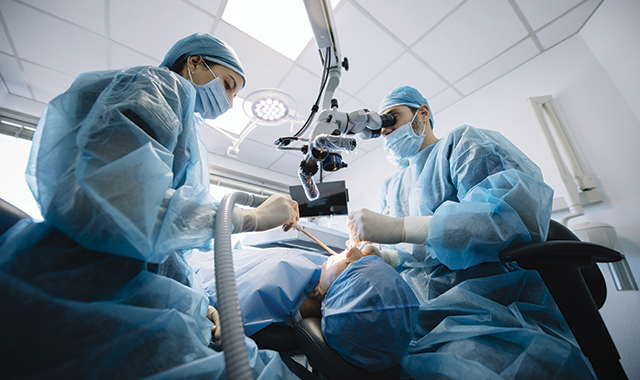
The prospect of having to undergo surgery of any kind can be intimidating and overwhelming. When it comes to oral surgery, though, you might have no real idea about what it is you can expect from the recovery process.
Questions about whether or not you will be able to eat, how long you will need to rest for, and how soon you will be able to return to your standard level of activity are all likely going to arise. Your specific recovery process is going to depend on the type of surgery you are having, so first and foremost, bear in mind that it is always best to consult with your dentist or oral surgeon about how to best prepare for your recovery. However, there are some key things to prioritize when you are looking to be as prepared as possible for your recovery from oral surgery.
1. Nutrition
Any time the body undergoes a surgical procedure, it is going to need adequate time and nutrition to heal properly. Oral surgery is no different. There will most likely be incisions involved and perhaps some more intensive injuries that you will be recovering from. This means that you will need to do what you can to fuel your body with the right balance of nutrition.
Unfortunately, when it comes to oral surgery, your ability to consume nutrient-dense foods might be inhibited. Your mouth might simply be in too much pain for you to eat properly, or you might have mobility restrictions when it comes to chewing and swallowing.
The best thing you can do is stock up on foods that are easy to consume, like smoothies and soups. Products like Simply Thick can also be helpful in finding a consistency of food that is comfortable and easy for you to eat during your recovery. With the ability to mix rapidly with a range of food, you can start drinking within seconds and keep up your energy levels by still having the right nutrients.
2. Rest
Aside from ensuring that your body gets enough nutrition for your recovery from oral surgery, you will also need to make sure that you are able to get enough rest as well. Depending on the type of surgery that you are about to undergo, you might not feel too exhausted or tired in the aftermath. Nevertheless, rest is critical to a quick recovery.
Make sure that your sleep space is clean and set up to encourage rest after your surgery. You should be comfortable and have everything that you could need right within reach. By allowing your body to rest, you can speed up your healing and get back to normal sooner.
3. Help
In the days immediately following your surgery, you will more than likely need to have some additional help on hand. This is particularly true if you will be taking some fairly intense medication for pain relief. Having a close friend or family member by your side to ensure that you are getting the rest and food that you need will go a long way to help you to recover from your surgery.